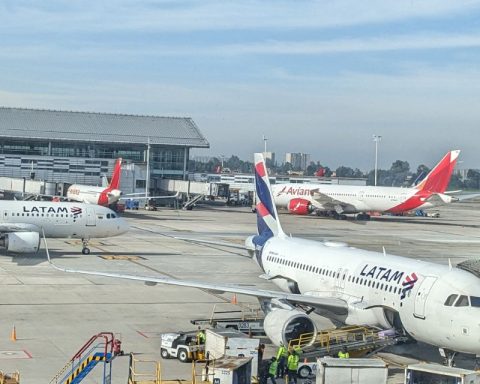The regional office of the Chinese transport company DiDi announced today that it is analyzing the proposal of the General Directorate of Internal Taxes (DGII) which would tax 18% of ITBIS (tax on transfers of industrialized goods and services) the services offered through digital platforms.
The company, one of those that would be affected by the possible entry into force of the Regulation -in the discussion phase- for the application of the ITBIS to the digital services captured in the Dominican Republic and that are provided by foreign providers, indicated that an assessment of a technical issue like this is still premature.
“We are in the initial phase of public consultation on the text prepared by the General Directorate of Internal TaxesDiDi noted.
The American transport company Uber assured today that it is duly constituted and that, like any other company in this country, it is registered in the DGII and complies with the payment of income tax and ITBIS.
“We seek to be an ally of the governments in the countries where the app (mobile application) is available, and since our arrival in the country we have responsibly complied with all the tax obligations required by law, and we will continue like this,” he declared.
The DGII establishes that the taxpayers, in this case the digital platformswill pay taxes virtually, presenting the ITBIS through a special declaration that must be settled before the 20th of each month.
OECD Recommendations
The mechanism intended to implement the DGII is assimilated to the recommendations made by the Organization for Economic Cooperation and Development (OECD) to address the challenges of electronic commerce in terms of value added tax (VAT) or ITBISin the Dominican case.
The OECD recommends that the effective collection of the ITBIS on online sales of goods, services and digital products by non-resident online suppliers through a simplified electronic registration and collection mechanism.
In addition, increase the efficiency of VAT collection by requiring the operators of digital platformswhich largely dominate global digital commerce, to collect and pay this tax corresponding to sales made through their respective platforms.

















